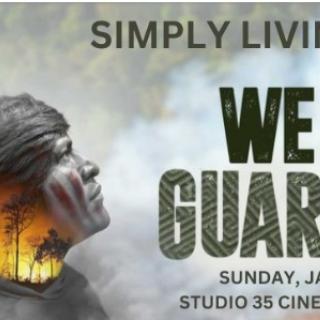Advertisement
Police misbehavior has been a trending topic for months now. In case after case, officers have been accused of using excessive force, especially against black males.
It’s in this atmosphere that director Tiller Russell has released The Seven Five, fresh evidence that bad cops were around long before cellphone cameras were available to catch them at their worst.
And “worst” is the appropriate adjective here.
The subject of Russell’s documentary is such a blatant example of police corruption that it’s a wonder he got away with it for as long as he did. The best explanation is that his fellow officers either supported his actions or looked the other way due to a misguided sense of loyalty.
As former New York police officer Michael Dowd explained it, a “good cop” was someone who backed his fellow cops, even when they were breaking the law they were sworn to uphold.
The film’s title refers to Brooklyn’s 75th Precinct, a reputed hothouse of crooked cops in the 1980s and early ’90s. And Dowd was the crookedest.
Alternately appearing in recent interviews and in archival footage of a 1990s hearing into police corruption, Dowd talks openly about his efforts to turn his badge into a license to print money. Though he appears penitent at the hearing, as one might expect, he comes off far differently in the interviews.
One gets the feeling that he enjoyed taking risks almost as much as he enjoyed the buckets of cash they brought him. One also gets the feeling that he took pride in gaming the system.
Russell also interviews others who became involved in Dowd’s dangerous schemes. In addition to partner Ken Eurell and other cops, they include a drug lord named Adam Diaz who ended up adding Dowd and Eurell to his payroll. It’s hard not to notice that of all the players, Diaz is the one who comes closest to Dowd’s macho, amoral mindset.
Eurell and others might have been cops who went bad, but Dowd seemed to be a gangster at heart—a gangster who just happened to be wearing a uniform.
An example of Dowd’s cunning comes out when he describes meeting the owner of a shop that specialized in outfitting cars with expensive sound systems. Realizing that big drug dealers were most likely to have enough money to patronize the shop, he enlisted the owner’s help in meeting one of those dealers.
His goal, of course, was not to arrest the dealer but to offer his services for a hefty fee—which he did.
During the hearing on police corruption, Dowd is asked whom he was working for at that time: the city of New York or the drug lord. He hesitates, unable to answer.
Yet some part of Dowd remained loyal to his badge. That comes out when he tells of rushing a fellow officer to the hospital after the officer was fatally shot by a drug gang. Afterward, Dowd was filled with remorse, even asking Diaz to help him find the killer.
But whatever guilt he felt wasn’t enough to stop him from serving an equally dangerous drug gang. He could be stopped only by long-term investigations by local and federal authorities.
Director Russell uses well-staged re-enactments to dramatize some of Dowd’s narrative, such as a harrowing chase through city streets. But the film’s main asset is the frankness with which Dowd, Diaz and others discuss their misdeeds. That frankness comes from the fact that they’ve already paid for their crimes by either serving prison time or cooperating with authorities.
Critics of law enforcement may find lessons from Russell’s documentary. One is that any effort to reform policing must address the tendency for even good cops to be more loyal to their fellow officers than they are to the public and the law. It’s a natural tendency, stemming from both camaraderie and self-preservation, but it makes it all too easy for bad cops to undermine the cause of justice.
Rating: 4 stars (out of 5)
The Seven Five, rated R for language and disturbing images of crime scenes, opens Friday (May 29) at the Gateway Film Center, 1550 N. High St., Columbus. For more information, visit gatewayfilmcenter.com.
CUTLINE for SEVEN FIVE DOWD (left) and SEVEN FIVE DIAZ (right):
Officer Michael Dowd who ended up on the payroll of then-drug lord Adam Diaz is profiled in the documentary The Seven Five



